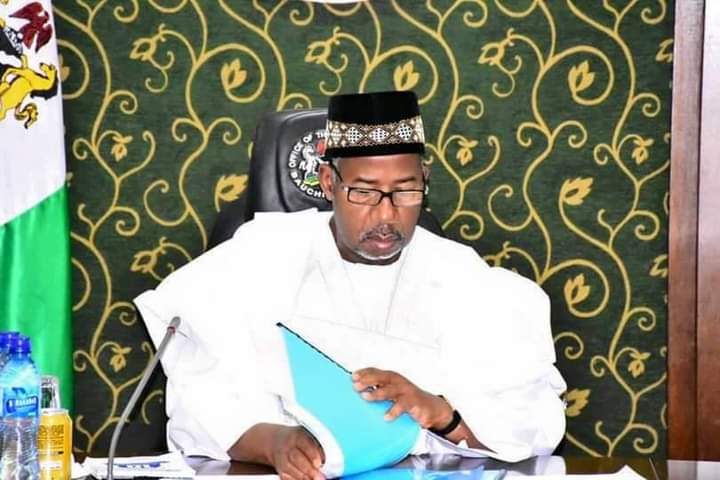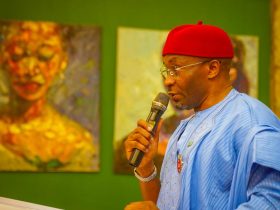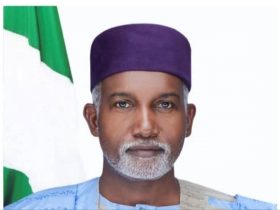Not less than 300 communities in Tafawa Local government area of Bauchi state have continued to struggle in their quest to have access to potable drinking water.
Our Correspondent reports that residents of those communities drink from a pond covered with dirty substances, particularly during dry season.
The LGA Water Sanitation and Hygiene (WASH) Coordinator, ,Malam Garba Ya’u Jambil stated this at a stakeholders forum held at Bununu LGA headquarters, organized by-Women Development Association for self-Sustenance (WODASS) in partnership with wateraid Nigeria.
He said out of 775 Villages in the Local government, 300 Still source water from wells and streams that are unsafe for Human Consumption, in spite of communicable diseases which could pose danger to Human lives.
Jambil commended African Development Bank (ADB) for it’s magnanimity in bringing succor to the plight of about a hundred communities in 2022,
The WASH Coordinator also thanked WaterAid Nigeria For its Current Hygiene Behavior change(HBC) exercise aimed at encouraging best hygiene practices in Tafawa Balewa LGA,
He noted that this initiative would help the council to attain open Defecation free status.
In his Remark, the representative of the community leaders Malam Ibrahim Umar said the Hygiene behavior change (HBC) awareness campaign has impacted positively.
Community members have now realized the Danger posed to human health by open defecation, saying Various families have Embarked on Construction of Toilets within households.
Umar re-echoed communtu warning that any household head that failed to abide by the directive to construct toilets would be sanctioned pointing out that already,
Some communities in Tafawa Balewa LGA are now on suspension for failure to enforce the directive within their area of jurisdiction.
Also speaking, The programme manager of WODASS, Mr Ezekiel N. Sukumun appealed to community members in Tafawa Balewa LGA to cultivate the idea of presenting community needs of the people instead of their personal requests.
He argued that this remained the best option for them to attract genuine assistance from elected representatives.











Leave a Reply